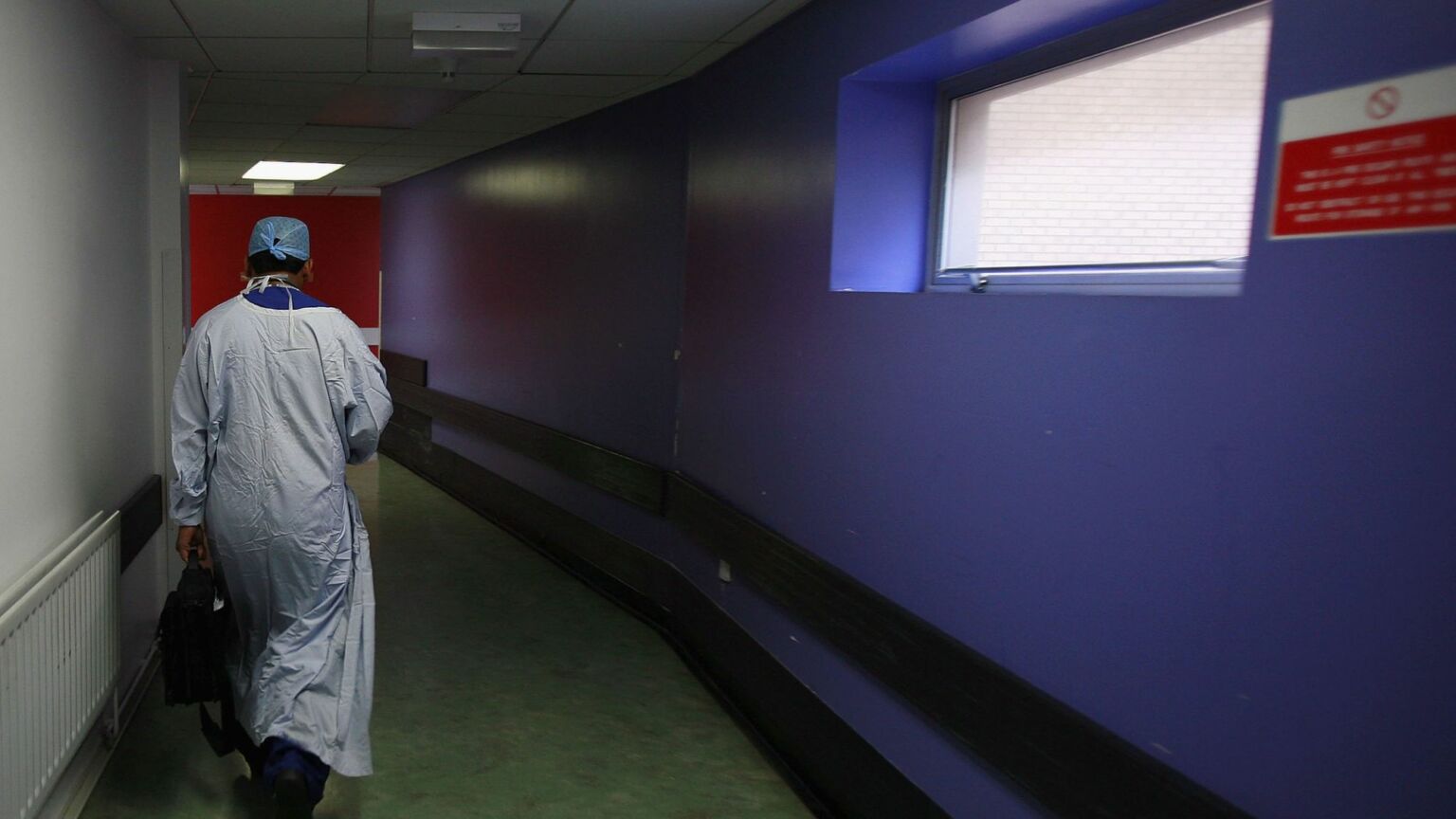The long, hard road to Cass

🌈 Abstract
The article discusses the Cass Review, which has radically transformed the debate around transgender ideology and "gender-affirming care" in the UK. It examines the reactions of various activists, medical professionals, and celebrities who previously championed the trans cause, as well as the experiences of whistleblowers, detransitioners, and gender-critical activists who have long raised concerns about the lack of evidence and potential harms of the medical treatments provided to gender-confused children.
🙋 Q&A
[01] How whistleblowers, detransitioners and gender-critical activists took on trans ideology
1. What were the key concerns raised by whistleblowers and clinicians about the treatment of gender-confused children at the NHS Gender Identity Development Service (GIDS)?
- Whistleblowers like Susan Evans, Dr. David Bell, and Kirsty Entwistle raised concerns that GIDS was:
- Promoting a model of uncritical gender affirmation, rather than thoroughly assessing and exploring alternatives for the children
- Prescribing puberty blockers and cross-sex hormones without adequate evidence of safety and long-term effects
- Discouraging clinical curiosity and silencing those who expressed doubts about the treatments
- Overlooking underlying issues like mental health problems, homophobia, and trauma that were driving the children's gender confusion
2. How did GIDS management respond to the concerns raised by whistleblowers?
- GIDS management tried to suppress and silence the whistleblowers, threatening them with disciplinary action and shunning them. They were determined to continue the "gender-affirming" treatment model despite the lack of evidence.
3. What role did detransitioners play in bringing attention to the issues at GIDS?
- Detransitioners, who had regretted their decision to transition, provided powerful testimony about the harms of the gender medicine approach. Their stories and experiences were the "data" that GIDS had overlooked.
- Detransitioners like Keira Bell and Sinead Watson spoke out and gave evidence to the Cass Review, which was commissioned in response to Bell's legal challenge against the Tavistock clinic.
4. How did gender-critical activists and organizations like Transgender Trend contribute to exposing the problems at GIDS?
- Groups like Transgender Trend demanded an evidence-based approach and published reports, like the one by Oxford professor Michael Biggs, showing that puberty blockers did not reduce mental distress in patients.
- Gender-critical activists faced intense smear campaigns and were accused of being "transphobic" for questioning the trans ideology, but they persisted in bringing the truth to light.
[02] The Cass Review and its impact
1. What were the key findings of the Cass Review?
- The Cass Review concluded that the "gender-affirming" medical treatments provided by GIDS, such as puberty blockers and cross-sex hormones, were based on "wholly inadequate" evidence.
- It found that doctors were prescribing these unproven treatments to thousands of children, with little interest in uncovering the side effects and long-term risks.
2. How have politicians and policymakers responded to the Cass Review?
- Health Secretary Victoria Atkins acknowledged the concerns raised by clinicians, academics, activists, and journalists, and thanked them for "risking their careers" to do so.
- Atkins announced policy changes, including that the NHS will no longer be able to prescribe puberty blockers for children outside of clinical trials, and that there will be an urgent review on prescribing cross-sex hormones.
3. What are the implications of the Cass Review for the future of transgender healthcare in the UK?
- The Cass Review is seen as a turning point that has exposed the "gender-affirming care" approach as a dangerous experiment on children.
- There are now calls for a public inquiry, and adult gender services will also face a Cass-style review.
- However, the article suggests that there may be limited accountability for those who championed the trans ideology and suppressed the concerns of whistleblowers.